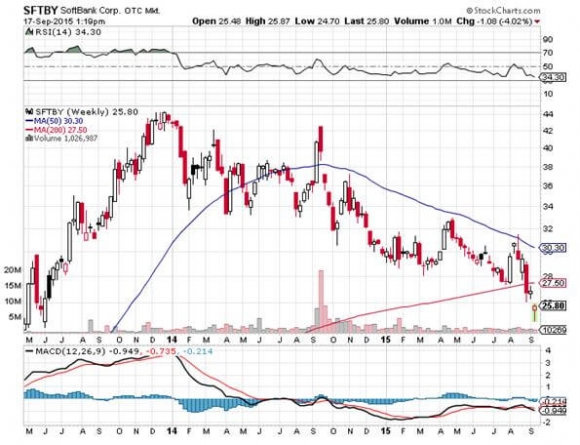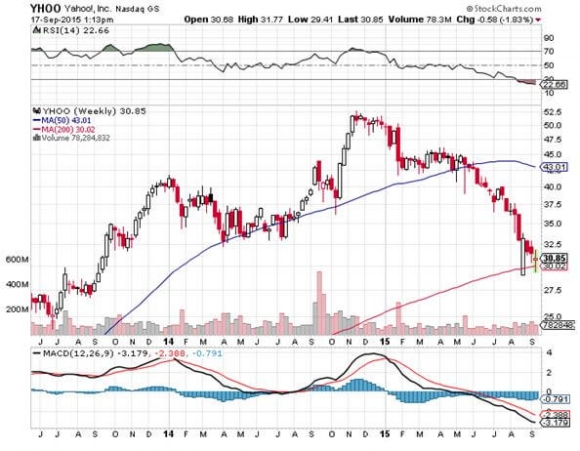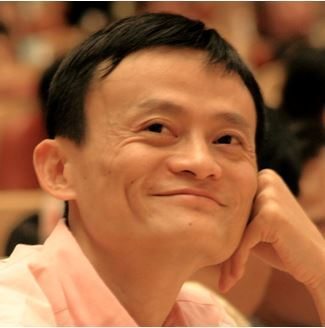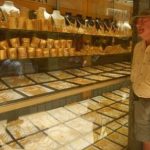Don?t Buy Alibaba, Yet
Long time readers of this letter have known for years that the Alibaba IPO was coming, that it had massive implications for the market, and could well signal an interim market top.
I?m sticking to my guns.
You have to hand it to the underwriters of the company?s initial public offering, the largest in history.
Some $25 billion in capital was raised.? At the all time high of $118, Alibaba had a market capitalization of $300 billion, making it the 8th largest in the US, right after Wal-Mart (WMT).
At that price, the lucky few insiders who received allocations had a paper profit of 74% from the $68 IPO price.
To get this deal off successfully, the managers had to orchestrate one of the greatest onslaughts of hype, hyperbole, and euphoria of all time.
Of course, you want to buy a company that represents Amazon (AMZN), PayPal, and Ebay (EBAY) combined, in the fastest growing major country in the world!
As my old boss at Morgan Stanley used to hammer into me, ?stocks are not bought, they?re sold.?
What artificially boosted the price of the shares in the aftermarket was the unusual allocation of the shares.
CEO Jack Ma personally hand picked the top 25 institutions that received 50% of the shares. His goal was to place them with the largest, longest-term holders, basically, people who never sell.
Hedge funds were banned from participation, as were most individuals.
That shut out thousands of investors who were forced to chase stock in the after market. This is how you get such a dramatic initial gains. They?re always engineered.
The final insult was the ?green shoe?, which increased the deal size by 15% at the last minute at the underwriters? discretion. When these guys finally get in, look out below.
Look carefully at what you get as an Alibaba shareholder, and you might have second thoughts.
This is not your father?s joint stock company. It is a share in a profit stream into a Cayman Islands holding company, the amount of which is at the discretion of Jack Ma. It is more like a hedge fund limited partnership than a publicly listed company.
In some court cases in China, the structure has already been ruled illegal. One could only imagine what would happen in a liquidation. There are no assets, just a post office box on a remote Caribbean island.
Not exactly widows and orphans stuff.
If you had any doubt about (BABA)?s next move, better take a look at the shares of its two largest shareholder?s, Softbank (SFTBY) (-46%) and Yahoo (YHOO) (-47%). They have both done an outstanding rendition of a swan dive.
Some of this is no doubt the result of new Alibaba holders hedging their position by selling short (SFTBY) and (YHOO). But it could also mean that (BABA) is grotesquely over valued and has to fall to come in line with reality.
Keep in mind, also, that non-dividend yielding stocks tend to have greater volatility than those that do pay out.
I am inclined to hold back until (BABA) hits the low $40 handles. That is still a big discount to the IPO price. Some brokers have already issued reports suggesting that the shares will get there shortly.
By the way, my old friend, Softbank?s Masayoshi Son?s $20 million initial investment in Alibaba, made in 2004, is now worth $100 billion at the peak. That has to be one of the greatest trades of all time.
Good for you, Mas, and the next dinner is one you!
?
 The $25 Billion Dollar Man
The $25 Billion Dollar Man







